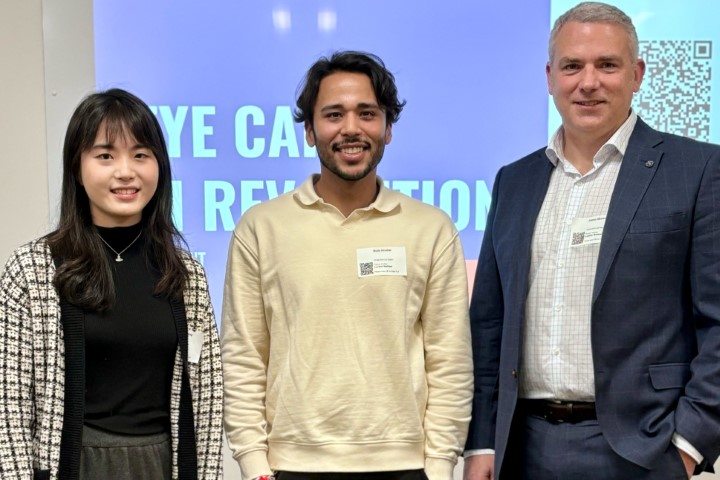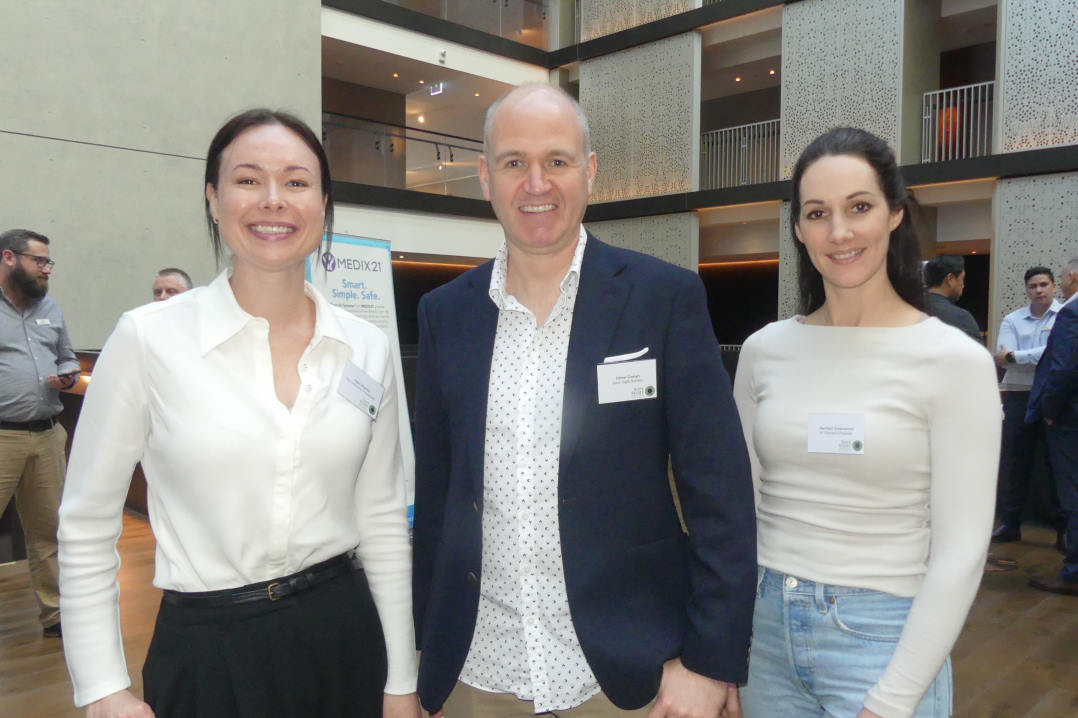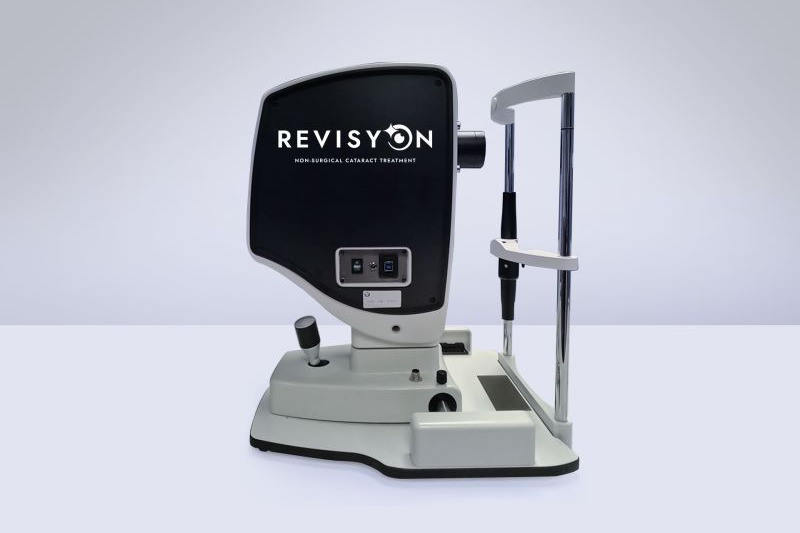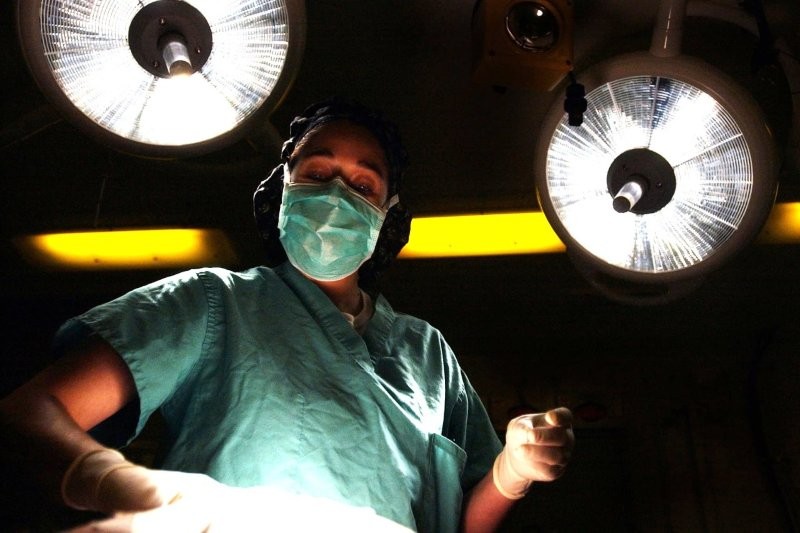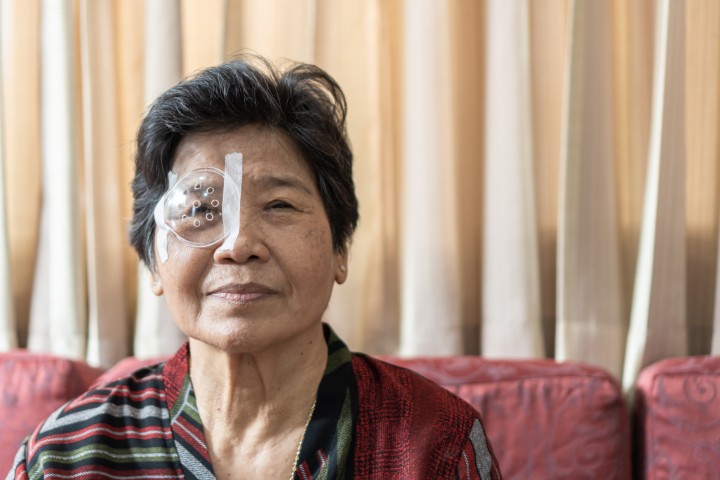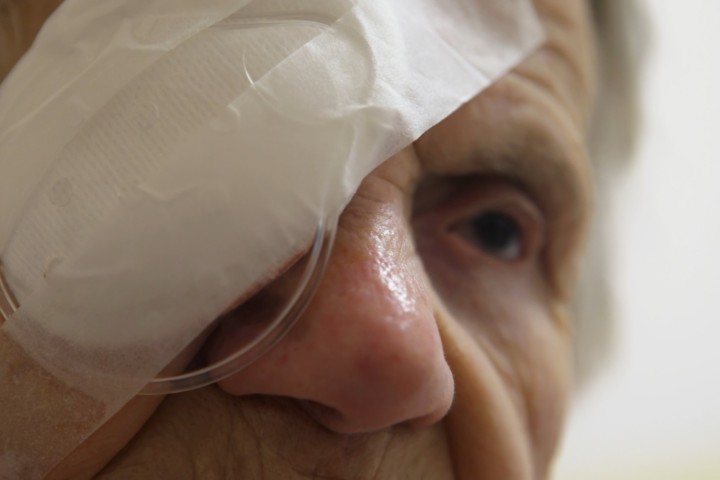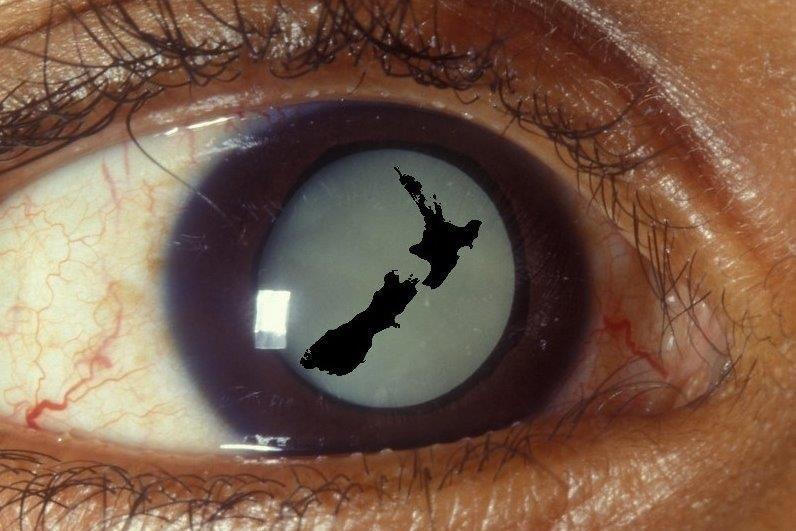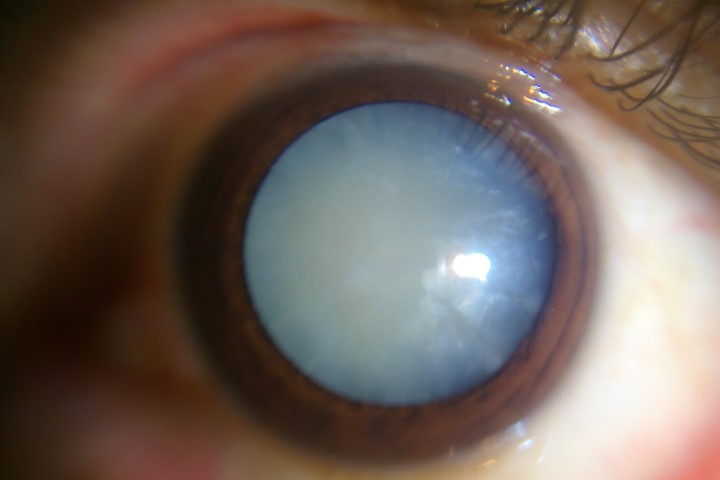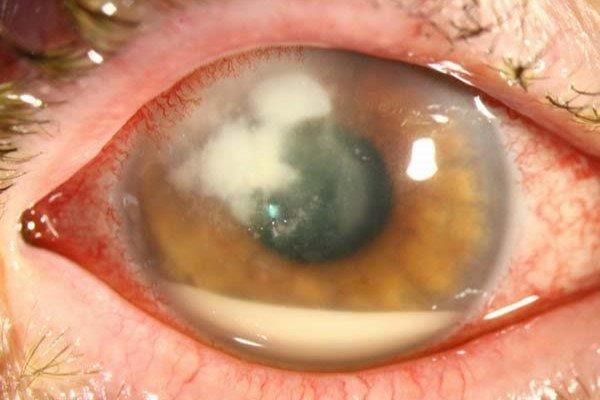Transforming clinical practice and outcomes with AI
At a recent CPD event held at Southern Cross Hospital in Hamilton, optometrists from the Waikato region gathered to discuss one of the most exciting topics in eyecare today: artificial intelligence (AI). The event was a resounding success, with attendees excited about AI's potential to revolutionise clinical practice and patient outcomes. The speakers provided a deep dive into AI’s transformative potential, highlighting tools already in use and those on the horizon that could revolutionise eyecare.
Associate Professor James McKelvie, consultant ophthalmologist and CEO of CatTrax, discussed exciting updates to his cutting-edge clinical management platform that is already being used in many regions within the country. CatTrax is expanding to manage everything from referrals and prescriptions to clinical diaries, with secure cloud-based storage for ocular data easily accessible to both optometrists and ophthalmologists. This feature promises to improve collaboration and streamline patient care.
Another innovation A/Prof McKelvie highlighted was an AI scribe that automatically generates clinical notes and referrals during consultations, reducing administrative workload and allowing more focus on patient care. He also introduced an AI voice agent used to assess post-cataract surgery patient satisfaction, providing efficient, real-time feedback during follow-ups.
Enhancing image analysis
Consultant ophthalmologist Dr Ammar Binsadiq presented promising AI tools he is testing for ocular image analysis. These tools can enhance the accuracy and speed of detecting conditions such as diabetic retinopathy, glaucoma and macular degeneration. With AI’s help, early detection could become more precise, allowing for timely interventions and potentially better patient outcomes.
Next, Dr Finley Breeze, a Bay of Plenty house officer, introduced an innovative AI-driven solution to predict non-attendance at ophthalmic clinics. By analysing patient data, his machine-learning model identifies patterns that predict missed appointments. This could significantly improve clinic efficiency by reducing non-attendance, helping clinics better allocate resources and enhance continuity of patient care.
AI-assisted cataract surgery feedback
CatTrax software engineer Jesse Whitten demonstrated a periscope device used in cataract surgeries, currently deployed in A/Prof McKelvie’s clinic. Attached to a surgical microscope, this device provides automated, real-time statistical feedback and records video for later review. This tool is poised to play a crucial role in training future ophthalmologists by offering immediate insights into surgical performance.
Concluding the evening, Dr Henry Wallace, an ophthalmology registrar, made a presentation on semantic analysis. He proposed creating AI models that allow practitioners to evaluate their own clinical performance helping them identify strengths and areas for improvement. This data-driven approach empowers clinicians to continuously enhance their techniques and deliver better patient outcomes.
Better clinical efficiency
The overarching theme of the event was clear: AI is not here to replace clinicians, but to act as a powerful tool for enhancing clinical efficiency and patient outcomes. Whether through automated notetaking, predictive analytics or real-time surgical feedback, AI offers a multitude of opportunities to make eyecare practices more efficient and personalised. The evening illustrated how AI’s integration into clinical practice can free up valuable time for practitioners, allowing them to focus on delivering better care to their patients.
AI in eyecare is undoubtedly an exciting frontier, and we look forward to seeing these advancements rolled out in practices across the country.
Rishi Khattar and Daphene Rong are optometrists at Specsavers in Hamilton who share a keen interest in AI in eyecare. As part of their Specsavers year 2 project, they organised this CPD event to promote innovation in clinical practice and empower fellow practitioners to embrace new and upcoming technology.









